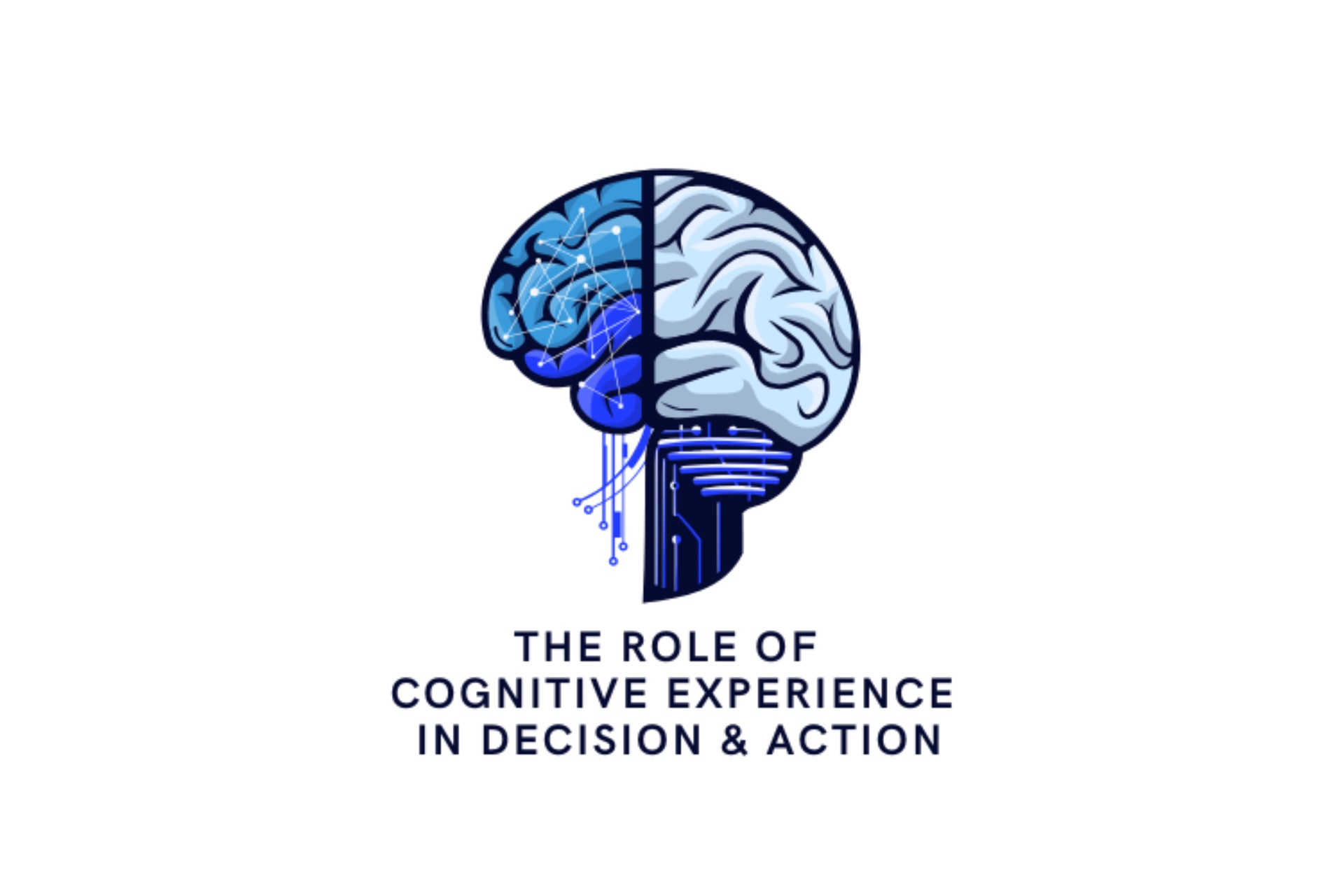
This is a three-year (2025-2028), £1,000,000 research project jointly funded by the Arts and Humanities Research Council, part of UK Research and Innovation, and the Luxembourg National Research Fund (FNR).
The project aims to deliver a new explanation of belief-discordant behaviour - situations where we fail to act in accordance with what we believe.
In a recent Associated Press poll, two-thirds of respondents say that an animal’s right to live without suffering is just as important as a person’s, yet only 4% of Britons are vegetarian or vegan despite believing that factory farming causes suffering. Most people are reluctant to drink from a cup labelled ‘poison’ even though they believe it contains sugar water (since they wrote the label and filled the cup themselves). Many people fear flying and refuse to travel by air even though they believe it is safe. We need to explain why our beliefs are often unable to influence our behaviour.
Faced with these examples, philosophers have added layers of complexity to their explanations of the role belief plays in action, appealing to complicated special conditions or even denying that subjects genuinely possess these beliefs at all. This project develops a new approach which highlights the important role that cognitive experience plays in our everyday decisions and actions. We focus on the following two insights: 1. What we believe and what seems true to us can come apart. (For example, whereas the belief that grass is green seems true, the belief that solid objects are mostly empty space does not.) 2. It is what seems true to us that drives our actions and decisions.
This new approach can explain the frequent disconnect between our beliefs and our actions and decisions: if our beliefs don’t seem true to us (i) they won’t influence our everyday behaviour, and (ii) they will have far less influence over our reflective decision-making than beliefs which do seem true. Moreover, if something seems true to us (iii) it will influence our behaviour and decision-making even if we don’t believe it. This leaves us particularly susceptible to online disinformation which is designed to seem true to us.
Understanding that our actions depend not on what we believe but on what seems true promises to revolutionise strategies for implementing behavioural changes in ourselves and others, helping us to address pressing social challenges more effectively. It’s not enough to simply possess the belief that factory farming causes suffering, or that climate change is real. If we want these beliefs to inform our actions, they need to seem true.
Principal Investigator: Dr Laura Gow (University of Liverpool)
Co-Investigators: Dr Robin McKenna (University of Liverpool) & Dr Thomas Raleigh (University of Luxembourg)